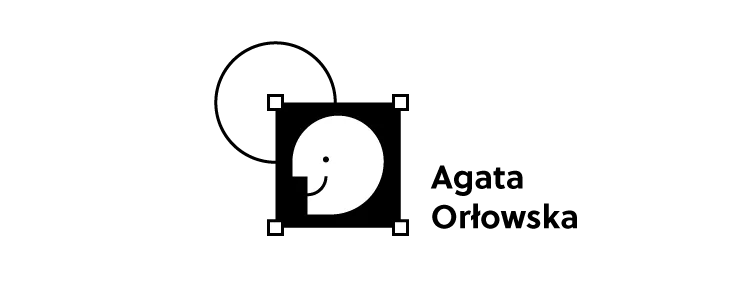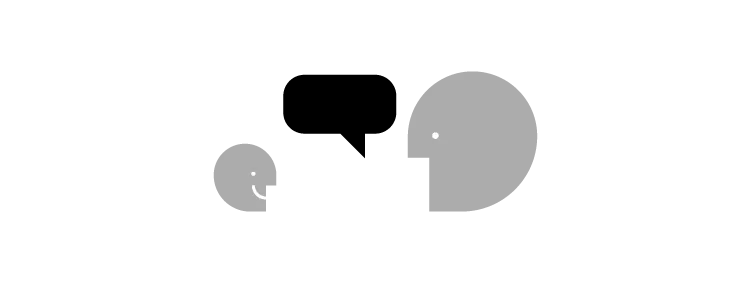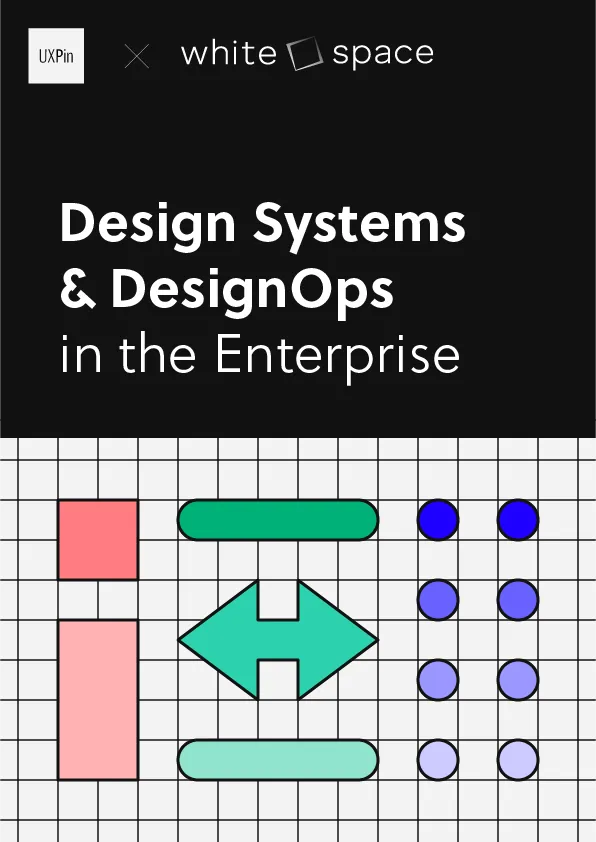A People First Approach to Design – 2020 Design Trends with Agata Orlowska

UXPin: Welcome to the 2020 Design Trends by UXPin. Today I’m joined by Agata Orlowska. Agata, would you please tell us a little bit about yourself?
Agata: I’ve been working in the UX world for almost six years. Professionally, I’m a senior UX designer and a UX researcher. Basically, I’m a one-woman army of UX in my company, but I’m a design technologist too, and I’m a clinical psychologist. And what I find to be important now is educating young UX designers and submitting them into the English academy. And I think that it’s enough. You can find me on LinkedIn and at a lot of UX industry events.
UXPin: You said that you’re a psychologist, so I think you would have to say a lot about trends when it comes to brands being more human and UX having a more human touch. So I would like to start with not exactly a UX question, but this is a very important trend as far as I’m concerned. I’m seeing more real life in design. Like real life beauty and fashion, for example, or trying to be as human as possible, as simple as possible in design in general. So what is your opinion on this trend, and do you think it’s going to be taking off in 2020?
Agata: Yes, I think it’s a kind of professional deviation. It’s a huge, huge topic and a big influence. What’s happening now is a big influence in our lives and we don’t see it now, but maybe our children can live in totally other worlds. And I think that we are part of it now. Maybe you can say what you mean first about this huge topic. What is the first part of this?
UXPin: Where my thoughts come from is that we experienced digitalization and social media stuff on one hand, and on the other, brands want to be more human and build communities and have this customer-first approach. So, I think this is where this trend comes from – showing the real human face of brands. I’m sure it’s showing in fashion and photography. Do you think this will stay in fashion and photography, but not in technology?
Agata: Yes. I think that this trend of real life beauty is something new and it’s coming from artificial Instagram beauty. Research shows that social media is making people depressed. You know about it because it’s popular. We see and we work and it’s real – it’s imperfect. This trend will develop because more and more people need it. I believe that this will stay and grow stronger. I believe because I want it!
UXPin: That’s the psychologist part of you.
Agata: Yes, it’s my psychologist thinking. I think that for people, [the trend of showing the human face of brands] can be better for them than social media.
UXPin: You said that what you also anticipate is that when our kids, or the kids of today grow up, the landscape of design will be totally different. How will generation alpha shape this design? What are their expectations? What do you think?
Agata: New research says that 27% of adults said they asked for their kid’s opinion before buying a new TV, laptop, tablet, or iPhone. And of course, it’s a new landscape of design now because the older generation are changing the landscape of design.

For example, take Apple products. There has been a huge change over the last 10 years in terms of design technology, even the size of screens. We have new keyboards and it’s only been 10 years. And I think that the generation born in the year of the launch of Instagram and the iPad will expect more interaction than previous generations. VR will be a daily reality for them. Today, we see small children trying to touch and swipe the butterfly on the bus window. I think that these gestures are innate from birth. And the same situation, generation alpha has a different way of thinking about interaction. When you look at the development of home appliances, everyday automation will be obvious for them because, in maybe five or 10 years, you will come home and your smart home starts your coffee and turn off everything. I hope that’s the future.
UXPin: Do you remember the cartoon, the Jetsons?
Agata: Yes, of course.
UXPin: That’s what I imagined when you said that. That would be so cool to live in their world – fingers crossed it’s going to happen like that. Have things done by robots. Speaking of robots and a Sci-Fi-like future, what is your view on AI and AR/VR in design?
Agata: I think that it certainly has lots of potential and I’m glad that we live in times that enable us to do so. I don’t think that [AI] will take our jobs away from us – it’s common to talk about, “[robots] are taking our jobs.” No, no. I think that [AI] will make our jobs easier. And in this case, for me, the best part is the possibility to transform user interface design into HTML markup codes. AI is not our enemy. I think that it can make things easier. AI allows you to strengthen your search capabilities, improve visitor interaction, and provide personalized service.

Agata: We have some successful companies using AI in design in new ways. For example, Wix or Squarespace. But for me, the most interesting thing is the human aspect. The human aspect of AI, for example, is a self-driving car that needs to make decisions during an accident, whether to rescue an older woman or a child. And this is the difficulty of ethical issues that we will face. The most interesting part of AI is that it sometimes needs to make decisions like people. But AI doesn’t have empathy, and that will be our challenge over the next few years. It’s not that hard to make businesses based on AI when you design websites and stuff like that. But the most interesting part is empathy. Because we need it to make decisions, for example, to choose between rescuing an older woman or a child. If you’re a mother you rescue the child, but if someone has only parents, maybe this person thinks that the older woman can do that. That’s interesting to me.
UXPin: I strongly believe that these are the tools that we are supposed to use, but use them wisely and learn to maintain them or shift them into what we as humans need them to do. So one more question to you, Agata. What are your professional goals for 2020? Because we talked about big trends and psychology AI, human touch and everything, but I’d like to know your personal role in it.
Agata: My individual part, for AR, is that I’ve been working on a mobile app for my company and now it’s my own project now. I’m at the same time a project owner and the designer for the same project. It’s a big challenge and we want to finish it in the first half of this year. And that’s my professional priority at the moment, but I have to admit that my last year was very intense for me, both professionally and privately. This is my second job. I would like to maintain my work-life balance and spend more time with loved ones. And I think that those goals are on the same level.
UXPin: I wish you all the balance in the world to have your professional goals met, and also to be present with your loved ones. Thank you very much for joining us to share your insights.


